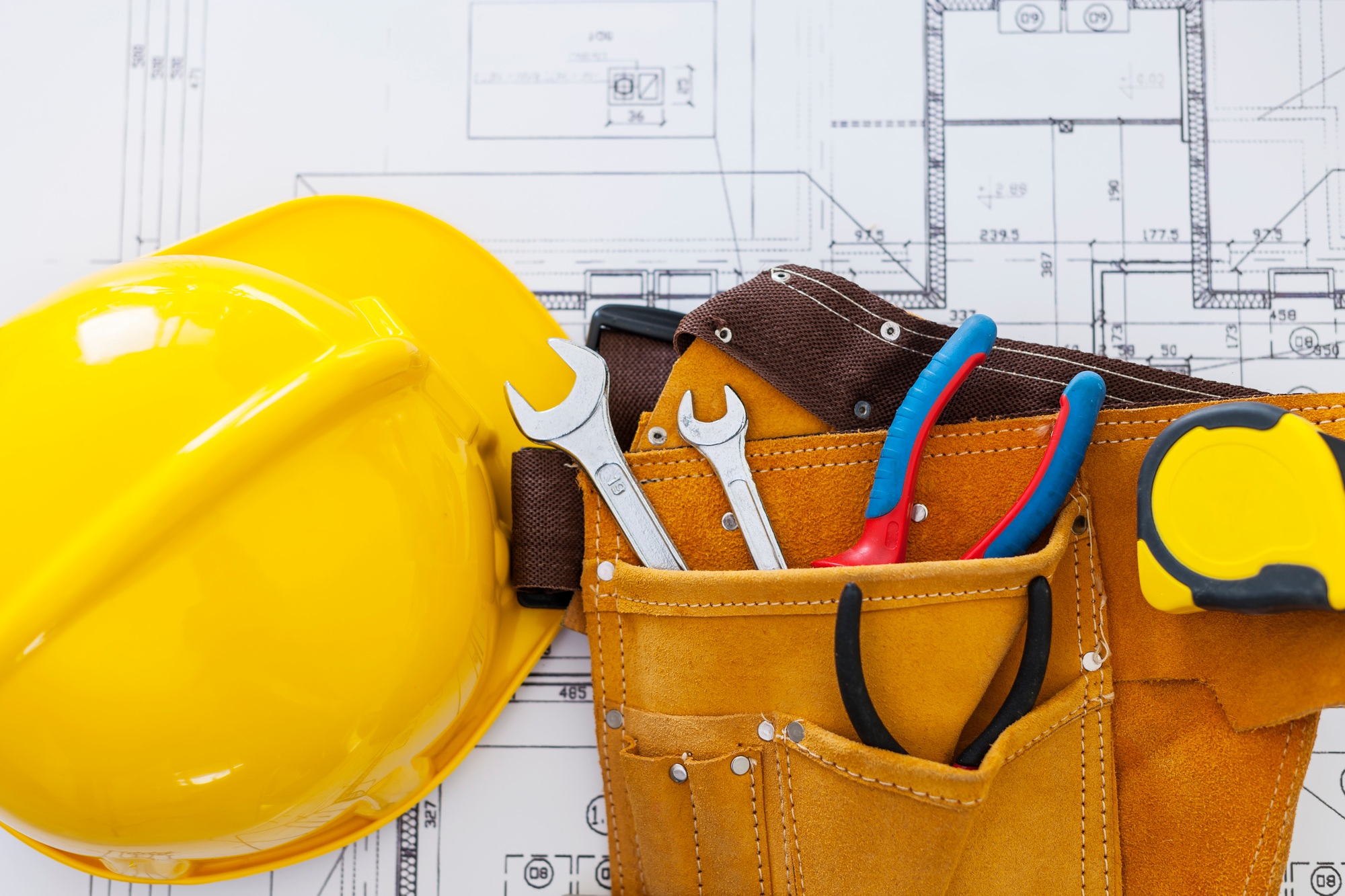Maintaining a healthy and thriving community requires a well-structured, proactive maintenance plan. Effective maintenance plans impact everything from residents’ well-being and safety to soaring property values and immaculate aesthetics, making it essential for the long-term health of any community. For property managers in the Houston area, considering local environmental factors—like humidity, heat, and severe weather potential—can also make a significant difference in designing a successful plan.
In this blog post, we’ll discuss key strategies for developing maintenance plans that support long-term community health, helping Houston property managers create comfortable, safe, and welcoming spaces that residents can enjoy for years to come.
1. Assess Your Community’s Needs
Creating a maintenance plan begins with a comprehensive assessment of the property’s current condition and unique community needs. Begin with conducting consistent, thorough inspections, gathering resident feedback, and verifying compliance requirements to keep your company in great shape.
Regular inspections of individual units, common areas, and outdoor structures can help identify existing issues, such as plumbing leaks, structural wear, or HVAC inefficiencies. Residents can also provide valuable insights into maintenance concerns or potential issues that may not be immediately visible to management. Finally, ensure that your property meets all relevant local and state safety standards, including fire codes, ADA compliance, and environmental regulations.
Houston Tip: The warm climate and high humidity in Houston can increase risks like mold growth and strain on HVAC systems, so these factors should be considered during assessments.
2. Develop a Comprehensive Maintenance Schedule
A detailed maintenance schedule ensures that essential tasks are completed on time. For properties in Houston, this might include:
- Seasonal Maintenance: Address specific challenges like hurricane preparedness or HVAC maintenance before summer to prevent system overload.
- Monthly & Quarterly Tasks: Regularly check smoke detectors, replace air filters, inspect plumbing systems, and clean communal spaces. Completing these tasks on a monthly or quarterly basis helps prevent minor issues from becoming major problems.
- Annual Inspections and Repairs: Large inspections, such as roofing and foundation checks, should be done annually to identify long-term wear and tear before it causes serious damage.
Documenting and scheduling these tasks makes it easier to stay on top of property needs, preventing reactive maintenance issues. Property management software can help automate reminders and track task completion to keep everything on schedule.
3. Prioritize Preventive Maintenance
Sustaining community health and avoiding costly repairs is simple with preventive maintenance. By identifying and addressing small issues early on, property managers can preserve the quality of both individual units and shared spaces. Some key areas in preventive maintenance include HVAC systems, plumbing, and pest control.
Due to Houston’s hot and humid climate, HVAC systems require regular cleaning, filter changes, and inspections for leaks to maintain air quality and efficiency. Additionally, routine plumbing inspections prevent leaks and water damage, reducing the risk of mold growth, which can negatively affect resident health. Regular pest control services can help prevent infestations that could pose health risks and diminish residents’ overall experience.
4. Build an Emergency Response Plan
A complete maintenance plan also requires an effective emergency response strategy. Property managers in Houston must be ready to respond to unexpected events like storms, power outages, and plumbing emergencies. An emergency response plan should include:
- Risk Assessment: Evaluate the property’s vulnerabilities to common Houston-area risks, including flooding and high temperatures, and identify areas that need added protection.
- Clear Protocols: Develop clear, step-by-step protocols for handling emergencies, from power outages to water leaks, and share them with both staff and residents.
- Emergency Supplies: Keep essential supplies on hand, such as sandbags for flood protection, portable generators, and emergency kits with first aid supplies.
Being prepared for emergencies helps property managers minimize disruptions and maintain a safe, secure environment for residents.
5. Train and Communicate with Staff and Residents
Effective maintenance depends on clear communication and a skilled team. Build effective communication and training practices by investing in regular training for maintenance staff and keeping residents informed about upcoming maintenance.
Properly trained staff are well-prepared to handle both routine and urgent tasks. Investing in regular training can help them confidently address issues as they arise. Reliable communication provides residents with easy access to contact details for urgent concerns, fostering trust and helping residents feel secure and cared-for.
Open communication between property management, maintenance staff, and residents helps everyone understand the importance of a proactive maintenance plan, creating a supportive environment that contributes to overall community health.
6. Regularly Review and Adapt Your Plan
A maintenance plan is a living document that should evolve to meet the changing needs of the community.
Regularly analyzing maintenance data can help identify areas requiring frequent attention and efficiently address recurring issues at the source. Conducting reviews of resident feedback ensures that resident needs and expectations are being met. New tools and technology make maintenance more efficient, while staying up-to-date on local property management regulations ensures safety and compliance.
By keeping your maintenance plan adaptable, you can address emerging challenges and enhance your community’s overall well-being.







